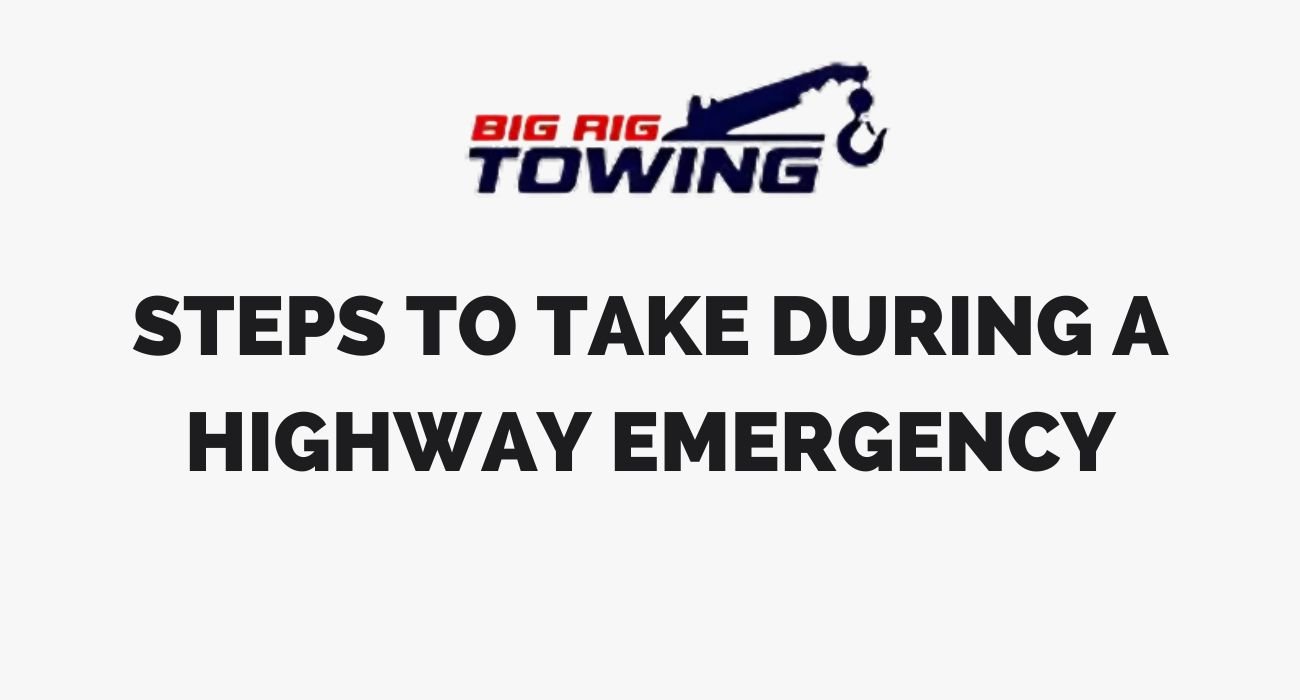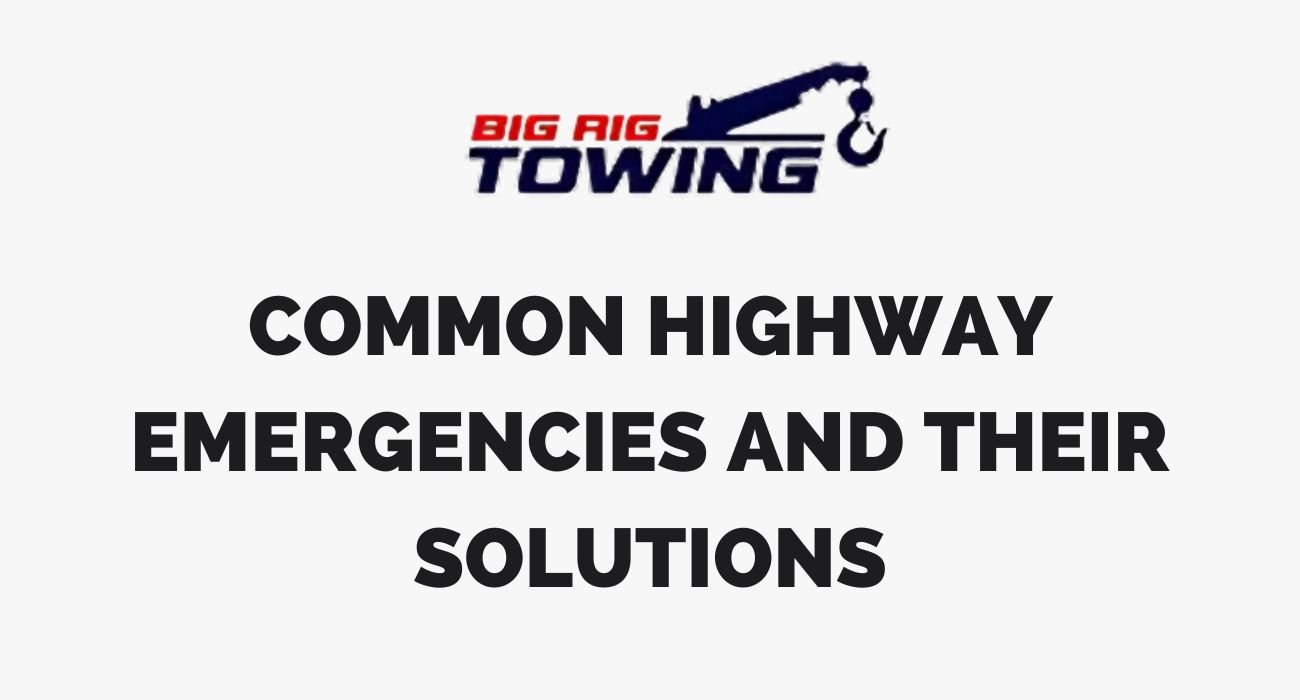Surrey Highway Emergency Services: Who to Call in a Crisis
Introduction
Surrey, British Columbia, is home to a complex network of highways that facilitate smooth transportation for commuters, travelers, and cargo. However, emergencies can arise unexpectedly on these roads, ranging from vehicle breakdowns to accidents. Being prepared for such scenarios is crucial to ensuring your safety and minimizing disruptions. This blog provides a comprehensive guide to Surrey highway emergency services, highlighting whom to call in a crisis and how to handle highway emergencies effectively.
1. Understanding the Importance of Emergency Preparedness
Emergencies on highways can occur due to a variety of reasons:
- Vehicle breakdowns
- Flat tires or battery failure
- Accidents
- Medical emergencies
- Severe weather conditions
Highways in Surrey, such as Highway 1 (Trans-Canada Highway) and Highway 99, are busy routes with thousands of vehicles traveling daily. Knowing whom to call and how to respond during an emergency can significantly impact your safety and the safety of others on the road.

2. Essential Emergency Contacts for Surrey Highways
a) Dial 911 for Immediate Assistance
In the event of a serious emergency, such as a major accident, fire, or medical crisis, your first call should be to 911.
- Police assistance: For accidents, road blockages, or criminal activities.
- Fire services: For fires or hazardous material spills.
- Paramedics: For medical emergencies requiring immediate attention.
b) RCMP Traffic Services
The Royal Canadian Mounted Police (RCMP) plays a crucial role in highway safety in Surrey.
- Contact number: 604-599-0502 (Non-emergency).
- When to call: To report dangerous driving, minor collisions, or incidents requiring law enforcement without life-threatening consequences.
c) British Columbia’s Highway Maintenance Contractors
Maintenance contractors handle road maintenance, debris removal, and signage. In Surrey, the contractor responsible for highway maintenance is Mainroad Group.
- Emergency contact: 1-877-391-7310.
- When to call: For issues like fallen trees, potholes, or dangerous road conditions.
d) BCAA Roadside Assistance
The British Columbia Automobile Association (BCAA) offers 24/7 roadside assistance for members.
- Contact number: 1-800-222-4357.
- Services provided: Towing, battery boosting, tire changes, and fuel delivery.
- Membership benefits: Consider a membership plan for enhanced services during breakdowns.
e) Tow Truck Services in Surrey
Several towing companies operate in Surrey and nearby areas. The most reliable options is:
- Big Rig Towing: 778-964-5000.
f) Emergency Roadside Assistance by Automakers
Most modern vehicles come with manufacturer-provided roadside assistance programs, such as:
- Honda Roadside Assistance: 1-800-465-7587.
- Toyota Roadside Assistance: 1-888-869-6828.
- Ford Roadside Assistance: 1-800-241-3673.
Refer to your vehicle manual for specific contact details and coverage.

3. Steps to Take During a Highway Emergency
a) Stay Calm and Assess the Situation
- Avoid panicking, as it can impair your judgment.
- Determine the nature and severity of the emergency.
b) Ensure Your Safety
- Pull over to the shoulder or a safe area if possible.
- Turn on your hazard lights to alert other drivers.
- Exit the vehicle carefully, especially if you are on a busy highway.
c) Contact the Appropriate Services
Use the emergency contacts mentioned above based on your situation. Ensure you provide accurate details, including:
- Your location (use highway mile markers or GPS).
- The type of emergency (e.g., accident, vehicle issue, medical).
- Any immediate threats to safety.
d) Stay Visible and Alert
- Use reflective triangles or flares if available.
- Remain vigilant of oncoming traffic.

4. Common Highway Emergencies and Their Solutions
a) Vehicle Breakdowns
- Whom to call: BCAA or a local towing service.
- Tips: Keep an emergency kit in your car, including tools, jumper cables, and a spare tire.
b) Flat Tires
- Whom to call: Roadside assistance or a local towing company.
- Tips: If you have the skills, change the tire yourself using your car’s jack and spare tire.
c) Minor Accidents
- Whom to call: RCMP for non-life-threatening accidents.
- Tips: Take pictures of the accident, exchange insurance details, and move vehicles off the highway if safe to do so.
d) Severe Accidents
- Whom to call: 911 for emergency responders.
- Tips: Provide first aid if qualified and ensure the scene is safe. Avoid moving injured persons unless necessary.
e) Medical Emergencies
- Whom to call: 911 for paramedics.
- Tips: Administer first aid if you are trained and provide paramedics with relevant medical information
f) Extreme Weather Conditions
- Whom to call: Mainroad Group for road maintenance issues.
- Tips: Avoid driving during severe weather unless absolutely necessary. Use winter tires during snowy conditions.

5. Emergency Kits: A Must-Have for Every Driver
Having a well-stocked emergency kit can be a lifesaver during highway emergencies. Include the following items:
- Reflective triangles and flares.
- First aid kit.
- Flashlight with extra batteries.
- Non-perishable snacks and water.
- Basic tools and jumper cables.
- Warm clothing and blankets.
- Phone charger and power bank.
6. Preventing Highway Emergencies
a) Regular Vehicle Maintenance
- Schedule routine inspections for your vehicle.
- Check tire pressure, brakes, and fluids regularly.
b) Plan Your Route
- Use navigation apps to monitor traffic and road conditions.
- Keep an eye on weather forecasts before long trips.
c) Follow Traffic Laws
- Adhere to speed limits and traffic signals.
- Avoid distracted driving and always wear your seatbelt.
7. Final Thoughts
Emergencies on Surrey highways are unpredictable but manageable with the right preparation and knowledge. Keep this guide handy and ensure your vehicle is equipped with essential tools and contacts. Most importantly, remain calm and prioritize safety in every situation.
By being proactive and informed, you can handle any crisis on Surrey’s highways with confidence, ensuring the safety of yourself, your passengers, and other road users.
Disclaimer
The information provided in this blog is for general awareness and guidance purposes only. While every effort has been made to ensure the accuracy and relevance of the details, emergency protocols and contact numbers may change over time. Readers are advised to verify the latest information with local authorities and service providers. The author and publisher are not responsible for any errors, omissions, or actions taken based on this content. Always prioritize personal safety and follow official instructions during emergencies.

